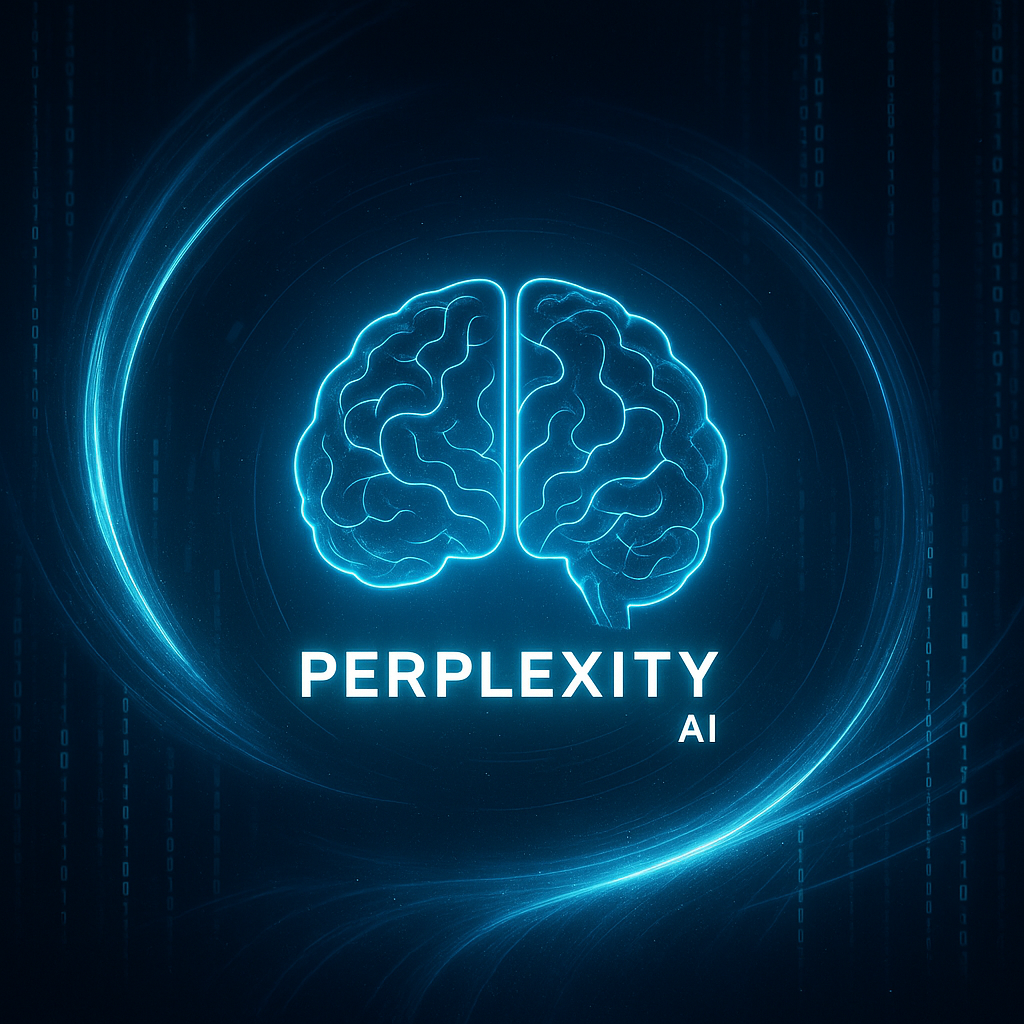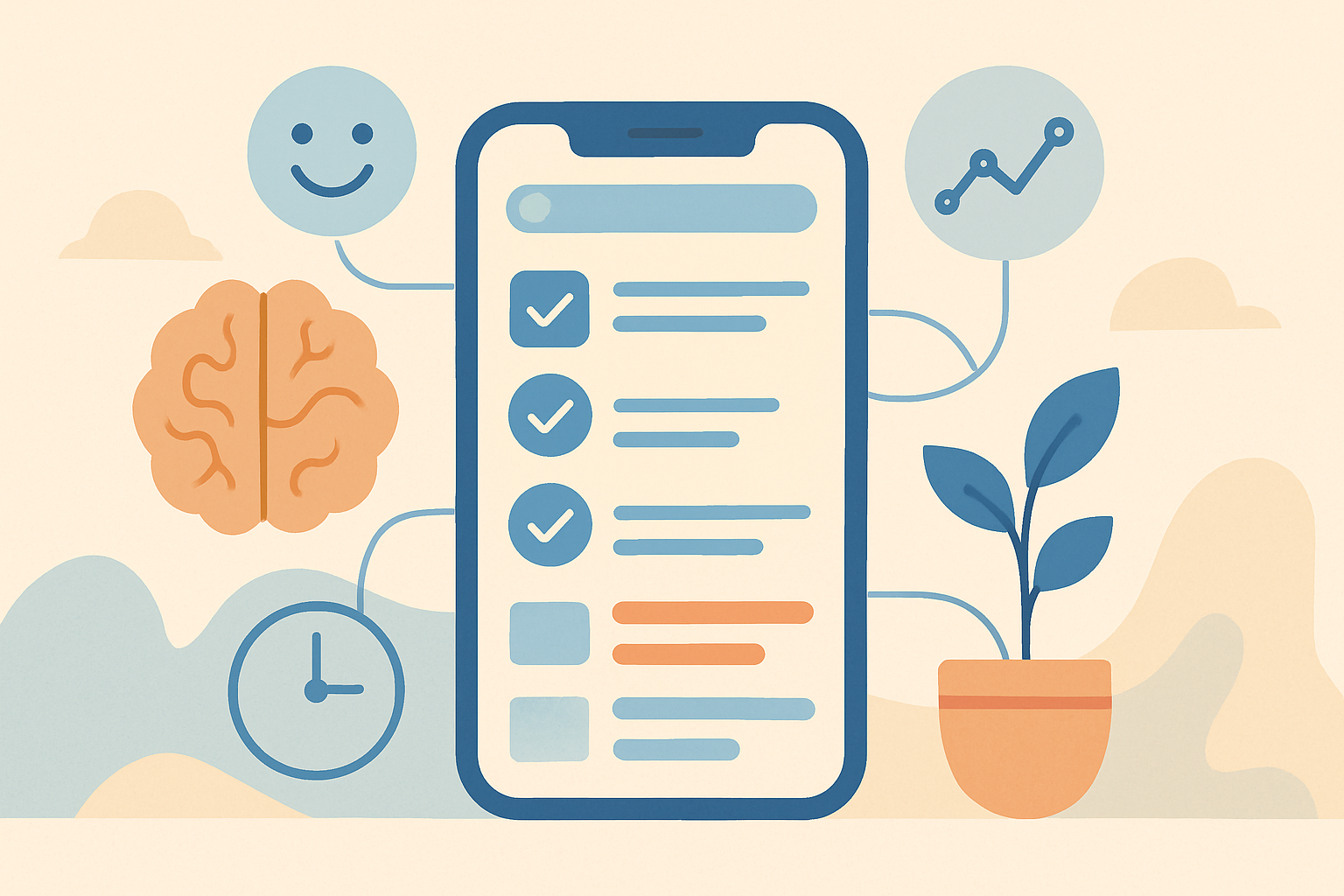In a world dominated by information overload, the next frontier of productivity isn’t just automation — it’s intelligent knowledge retrieval. While tools like ChatGPT and Gemini dominate headlines, a quiet revolution is happening with Perplexity AI, one of the most advanced AI search and reasoning engines ever created.
Perplexity AI bridges the gap between human curiosity and artificial intelligence, merging the depth of research with the speed of machine learning. Unlike traditional search engines, it doesn’t just find answers — it understands your question, synthesizes multiple perspectives, and delivers a concise, verified response.
If ChatGPT is the digital writer, Perplexity AI is the digital researcher — a tool built for clarity in a noisy digital landscape.

What Makes Perplexity AI Different
Most AI tools focus on generating content. Perplexity AI focuses on understanding. It’s not designed to talk endlessly, but to think efficiently. When you ask a question, it doesn’t invent; it investigates.
Powered by large-scale language models and real-time web indexing, Perplexity blends two worlds: generative intelligence and factual retrieval. This hybrid structure allows it to produce answers that are both natural and accurate — something few AI systems achieve consistently.
Whereas traditional search engines like Google overwhelm users with links, Perplexity curates. Each response includes citations, context, and a summary written in plain, human-like language.
That combination — depth with trust — is what makes it indispensable for modern researchers, writers, and professionals.
The Architecture Behind the Intelligence
At its core, Perplexity AI uses a retrieval-augmented generation (RAG) framework — the same hybrid architecture behind cutting-edge AI systems in 2025.
Here’s how it works:
| Stage | Function | Description |
|---|---|---|
| 1. Query Understanding | NLP Engine | Interprets intent and context, not just keywords. |
| 2. Web Retrieval | AI Indexer | Searches verified, recent sources in real time. |
| 3. Synthesis | LLM Generator | Summarizes findings using natural language. |
| 4. Verification | Source Layer | Displays citations for transparency. |
This layered model ensures that every response isn’t just smart — it’s accountable.
Unlike many AI systems that hallucinate or generate unsupported claims, Perplexity builds traceable logic chains, much like a research assistant citing its sources.
The Human Benefit: Cognitive Clarity
Perplexity AI doesn’t replace thinking; it enhances it. Instead of scrolling through endless articles, you receive synthesized insights instantly. This design frees up cognitive energy — the most valuable resource in knowledge work.
Example:
You ask, “What are the economic implications of AI automation in healthcare?”
Perplexity scans academic journals, financial reports, and tech sources, then delivers a four-paragraph summary with direct links. You’re reading insights, not headlines.
In minutes, you achieve what would normally take hours — and with far greater accuracy.
That’s the hidden power of this AI: not speed alone, but intellectual precision.
Comparing Perplexity AI with ChatGPT and Gemini
While all three are leaders in the AI space, they serve distinct purposes.
| Feature | Perplexity AI | ChatGPT | Google Gemini |
|---|---|---|---|
| Core Focus | Research & factual synthesis | Creative generation | Data-driven reasoning |
| Web Access | Real-time search | Limited (depends on plan) | Integrated search |
| Citation Transparency | Always included | Optional / none | Partial |
| Interface | Clean, citation-first | Conversational | Multimedia-heavy |
| Use Case | Research, academic writing, fact-checking | Copywriting, ideation, communication | Data analysis, media queries |
If you write or strategize, ChatGPT excels. If you verify and analyze, Perplexity AI outperforms.
In essence: ChatGPT tells stories; Perplexity tells truths.
How Professionals Use Perplexity AI
For writers, researchers, and decision-makers, AI is now an ecosystem — not a single tool. Perplexity occupies the “intelligence layer” in that stack.
Here’s how it’s transforming workflows across industries:
- Writers use it to research topics and cross-check facts before drafting.
- Marketers rely on it to summarize trends and find fresh insights.
- Consultants use its AI-driven citations for client reports and market analysis.
- Educators and students use it to condense complex material into clear takeaways.
Example:
A strategy consultant researching “AI regulations in the EU” can gather legislative updates, expert commentary, and business impacts — all structured, cited, and ready for presentation.
The value isn’t in data retrieval alone; it’s in how the AI organizes meaning.
The Role of Design and User Experience
Part of Perplexity AI’s appeal lies in its elegant simplicity. The interface feels like a blend between Google Search and ChatGPT — fast, minimal, and focused on answers over distractions.
Unlike typical AI dashboards, it avoids unnecessary flair. You ask a question, get a response, and — crucially — see where the information came from.
It’s productivity by design: minimal interface, maximal intelligence.
Table: Real Benefits of Perplexity AI
| Benefit | Description | Result |
|---|---|---|
| Verified Knowledge | Each answer includes credible citations. | Builds user trust and accuracy. |
| Adaptive Context | Learns from conversation flow. | Delivers tailored, relevant insights. |
| Speed of Insight | Combines retrieval + synthesis in seconds. | Reduces research time drastically. |
| Cross-Domain Intelligence | Pulls from science, finance, and media. | Helps with interdisciplinary work. |
| Humanized Output | Natural, concise tone. | Makes research enjoyable again. |
It’s not just an AI search engine — it’s a cognitive companion.
How AI Like Perplexity Is Redefining Search
We’re witnessing the slow end of “10 blue links.” Search is shifting from retrieval to reasoning. Instead of browsing, you’ll soon have AI engines that understand, summarize, and contextualize every query.
Perplexity AI stands at the forefront of this transition. It transforms search from an act of finding into an act of understanding.
Tomorrow’s search tools won’t just show results — they’ll think with you.
The Future of Perplexity and Research AI
The roadmap for 2025 includes multimodal capabilities — integrating video, datasets, and even voice commands. Soon, Perplexity will not only summarize text but analyze data sheets and explain complex visuals.
It’s part of a broader movement where AI evolves from assistant to collaborator — helping you synthesize knowledge across disciplines.
The question is no longer “Can AI find this?” but “Can AI explain this in a way I can use?”
Perplexity AI answers that question — literally.
Conclusion
Perplexity AI represents a quiet revolution in how humans interact with knowledge. It doesn’t compete with creativity or automation — it complements them.
By blending speed, accuracy, and transparency, it proves that AI can do more than generate words. It can generate understanding.
The future of productivity won’t belong to those who know the most information — but to those who can access, verify, and apply it fastest.
And that’s where Perplexity AI quietly wins.
Further Reading & Related Insights
Internal link:
- Top AI Chrome Extensions to Save Hours — Discover browser-based AI tools that automate tasks and save time across your workflow.
External links:
Blog
This section provides an overview of the blog, showcasing a variety of articles, insights, and resources to inform and inspire readers.
-

AI Habit Tracking and the New Rhythm of Modern Self-Improvement
AI Habit Tracking. Progress used to depend on discipline. Now, it depends on data.…
-

AI Decision Making and the New Discipline of Intentional Living
AI Decision Making. Every “yes” has a cost. Every time you agree to something…
-

The Perfect AI Night Routine to Sleep Better and Think Smarter
AI Night Routine. Your morning doesn’t begin when you wake up — it begins…
